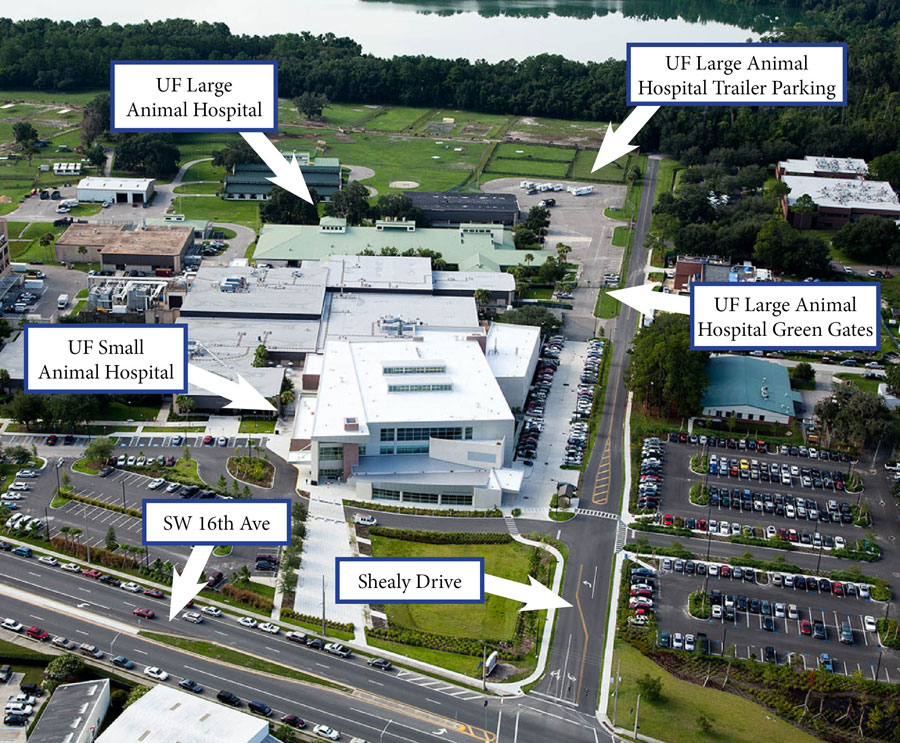The health of pets is a top priority, and keeping them healthy starts with health checks. Pet health labs are invaluable resources in preventing diseases for our four-legged friends.
This article, we’ll examine the importance of veterinary labs and review key diagnostic services.
How Do Veterinary Laboratories Work?
Animal health testing facilities provide health assessments for examining samples. These labs support animal doctors to tailor care to the pet’s needs.

How tests are conducted usually includes:
- Preparing samples for testing: Health markers are taken by the vet.
- Laboratory analysis: Technicians and machines evaluate the samples.
- Results interpretation: Labs share results with veterinarians for your pet’s benefit.
Common Veterinary Tests for Dogs and Cats
Pets benefit from a range of diagnostic services to address medical issues. Key lab services include:
- Blood analysis: Provide an overall health picture.
- Urinary health exams: Identify dehydration.
- Digestive system evaluations: Spot signs of infections.
- Dermatological diagnostics: Address skin issues.
- Imaging diagnostics: Spot fractures or injuries.
clínica veterinária e laboratório ivdlaboratorio vet
How Testing Supports Pet Health
Ongoing evaluations improves pet care. With timely diagnostics, you can prevent serious conditions.

Additional benefits include:
- Effective treatments: Vets can tailor treatments.
- Avoiding costly emergencies: Early detection reduces expenses.
- Assurance about pet health: Regular tests keep you informed.
Why Testing Matters for Dogs and Cats
Pet health labs play a key role in modern pet care. By making testing part of their care, you ensure your pets are healthy.
Make pet health a priority and support their wellness every step of the way!